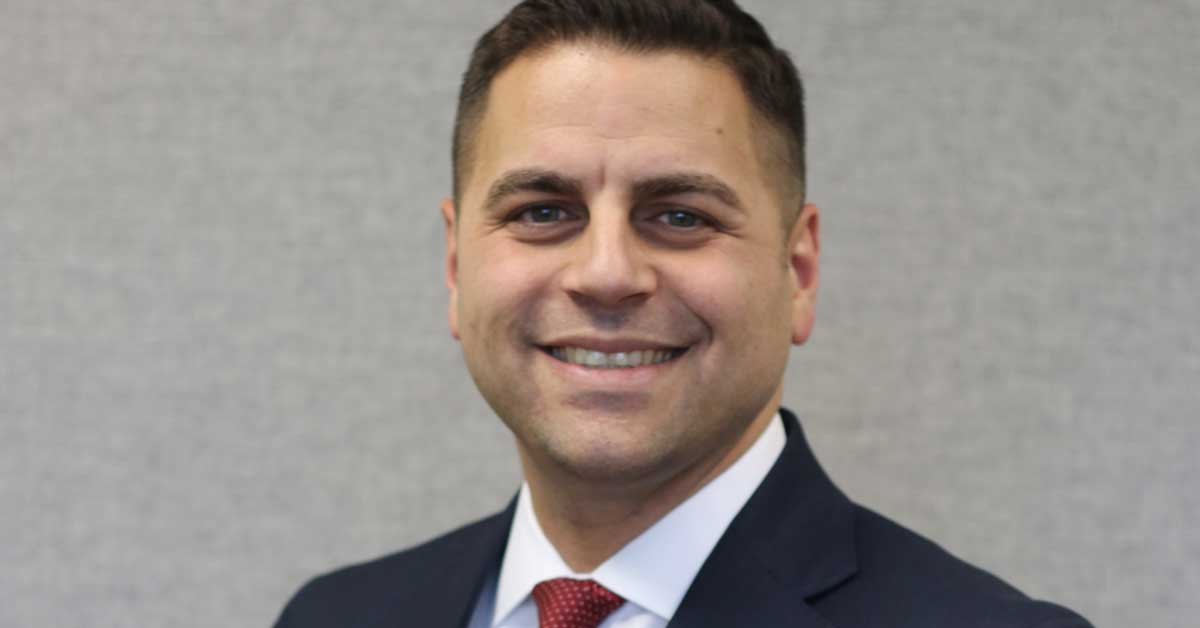As executive director of Immigrant Legal Center, Argentinian immigrant Emiliano Lerda provides legal advocacy to families across Nebraska and southwest Iowa. Recently his organization, which works primarily with new immigrants and low-income families, received a $4.5 million multi-year grant and an additional $3.1 million thanks to a capital campaign. When Lerda started at the organization, there were three full-time employees and one office. By the end of this year, he estimates they’ll have up to 46 full-time staffers and nine offices.

Lerda attributes much of this growth to the support of his local Omaha community. “Our community has donated, whether a dollar or a million dollars, to help us make vital, life-saving services available to so many people who need it and want a chance to work and provide for their family an opportunity to reach the American Dream,” he says. “This in turn drives economic development, because we’re hiring and paying for salaries and benefits for our employees who also have families living in this community.”
Given this, it’s unsurprising that Omaha was recently named in New American Economy’s Cities Index, which rates the American cities most welcoming to immigrants. Specifically, Omaha scored well in the area of Economic Empowerment, which includes indicators like vocational training and entrepreneurship support programs.
Omaha, in fact, has 3,307 foreign-born business owners, which makes them 38.6 percent more likely to start a company than American-born residents. They also account for a significant portion of the local construction, manufacturing, and administrative support workforces. Overall, immigrant households in Omaha paid $371.3 million in taxes and held more than $1 billion in spending power in 2014, the most recent data available. All proof the city’s efforts are paying off.
I’m not surprised people see Omaha as a welcoming city, but I know there’s more work to be done.”
“I’m not surprised people see Omaha as a welcoming city,” says Lerda. “But I know there’s more work to be done.” And he’s right; the Cities Index found the area with the most room for improvement is Government Leadership, which includes resolutions in support of immigrants or their organizations. But based on what he’s witnessed overall, Lerda is hopeful Omaha will continue its progress toward welcoming immigrants. And that, he points out, improves the quality of life for everyone who calls Omaha home.
“I’ve seen time after time how powerful it can be for a community to embrace immigration,” he says. “When there’s a good relationship with law enforcement and people aren’t afraid to call the police, you get a safer community. And that contributes to a more economically vibrant community, especially when you embrace the pool of young talent who have made extreme sacrifices to be here in this country. So it’s absolutely in a city’s best interest to be welcoming.”

